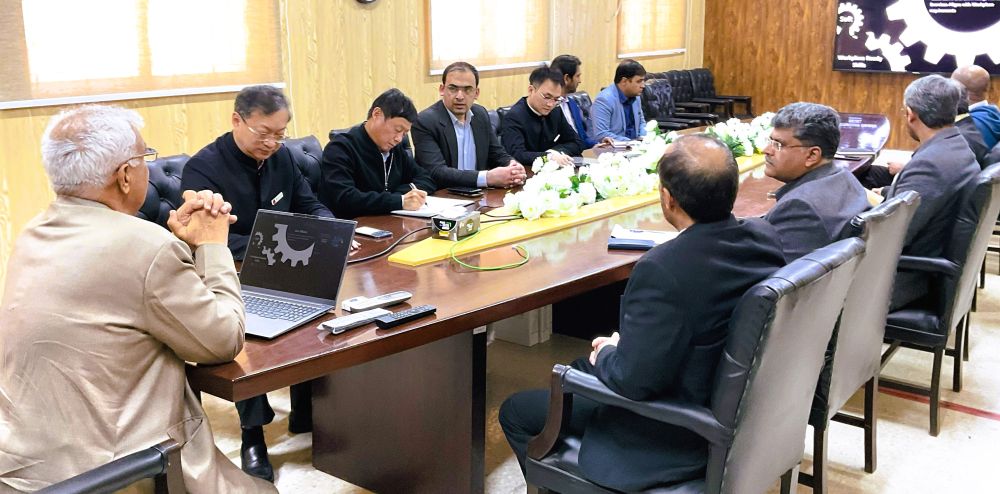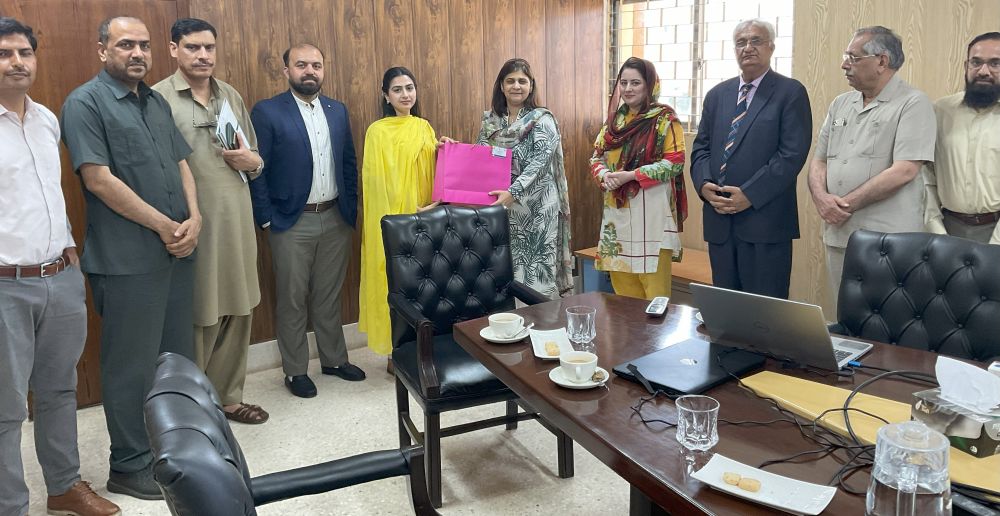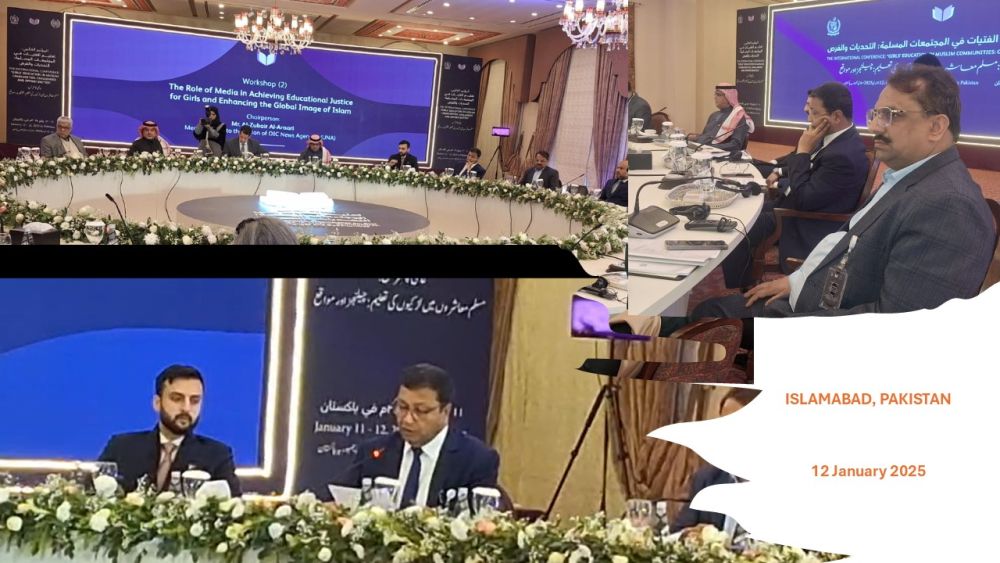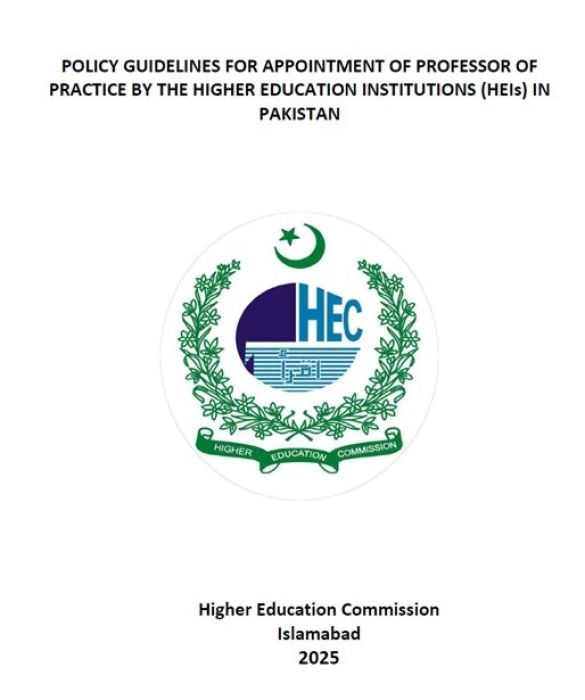74/25 Greening the Desert - Forging Climate-Smart Solutions Through Supporting Date Palm Cultivation
Posted 9 months ago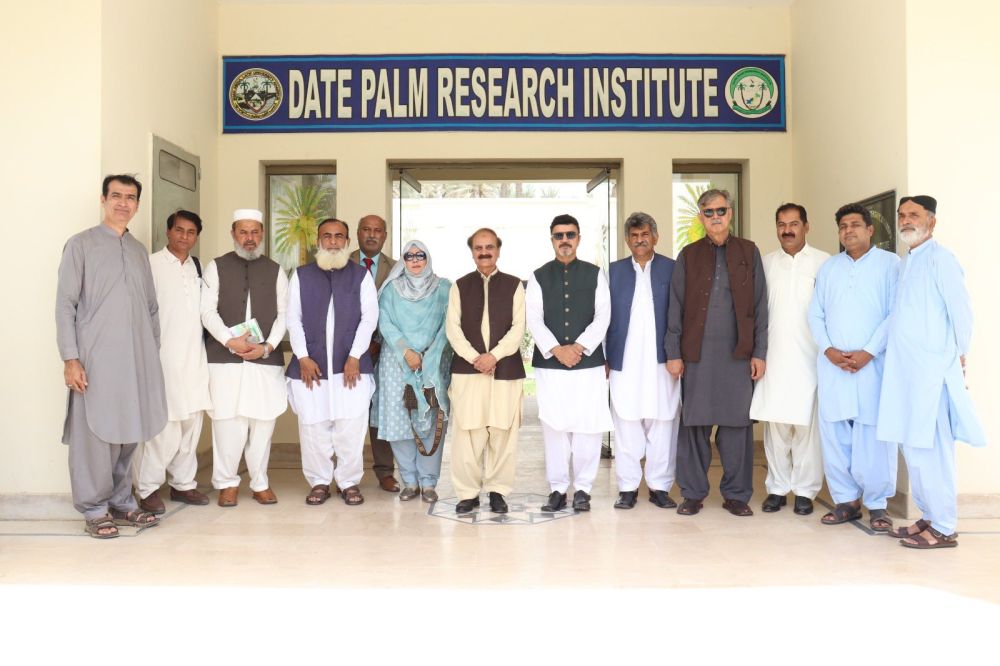
The Pakistan Agricultural Research Council (PARC) delegation, led by Chairman Ghulam Muhammad Ali, visited Shah Abdul Latif University's Date-Palm Research Institute with a clear agenda: to harness academic and scientific synergies supporting sustainable farming. The visit on a public holiday reflects the urgency with which both organizations are approaching Pakistan's agricultural crisis. It was not a perfunctory exercise in institutional diplomacy but a substantive dialogue grounded in scientific rigor and shared purpose.
At the heart of this partnership lies the Date Palm (Phoenix dactylifera L.) - an ancient yet scientifically dynamic species known for its adaptability to arid and semi-arid climates. As a high-value horticultural crop with significant economic, nutritional, and ecological relevance, the date palm represents a strategic focus in climate change adaptation. The SALU's long-standing expertise in botanical research, particularly in date palm tissue culture, positions it as an essential partner in this national endeavor.
Vice Chancellor Meritorious Professor Dr. Yousuf Khushk, senior academic staff, and members of SALU's scientific think tank presented the university's research infrastructure and capacity for innovation in plant sciences. Dr. Khushk emphasized the university's preparedness to contribute to national agricultural strategies, particularly through translational research, biotechnology, and the cultivation of climate-resilient crop varieties.
Chairman PARC Ghulam Muhammad Ali acknowledged the urgency of Pakistan's food security challenges and highlighted PARC's national and international research mandates. His remarks reflected a vision for agriculture that transcends traditional boundaries, integrating advanced scientific methodologies with grassroots realities. Of particular significance was his offer to create pathways for student internships, provide access to competitive research grants, and jointly explore projects in tissue culture and sustainable horticulture systems.
The SALU–PARC partnership offers a model of how universities and federal research bodies can transcend institutional inertia and build targeted, scientifically grounded responses to emerging challenges.
It also reflects a geographic rebalancing of research leadership. A national-level agricultural research conversation emerging from Khairpur is a welcome decentralization of intellectual capital. It demonstrates that scientific excellence and innovation are not confined to the country's major urban centers but are deeply rooted in its regional academic institutions.
The commitment to joint ventures in Date Palm tissue culture is of particular interest. This biotechnology-driven approach can rapidly propagate disease-free, high-yielding varieties of palms, enabling local farmers to increase productivity while conserving genetic resources. In an increasingly resource-constrained environment, such interventions are not just innovative; they are essential.
According to Prof. Dr. Muhammad Mukhtar, who helped Date Palm research in Saudi Arabia and later organized an international date palm conference as Vice Chancellor of the Islamia University Bahawalpur, this initiative is timely and innovative. He reiterated on the establishment of Date Palm producing countries as proposed by him in the form of D10 consortium in the year 2013. He elaborated that Date Palm's research could open several avenues of research diplomacy in the Middle East and beyond. According to him, in the shade of Khairpur's historic date palms, a new era of evidence-based, climate-smart agriculture is being sown, redefining food systems, uplifting rural economies, and fortifying national resilience for generations to come. Mukhtar also praised the efforts of SALU's Date Palm research center and recent international recognition for one of the former scientists of this organization.


